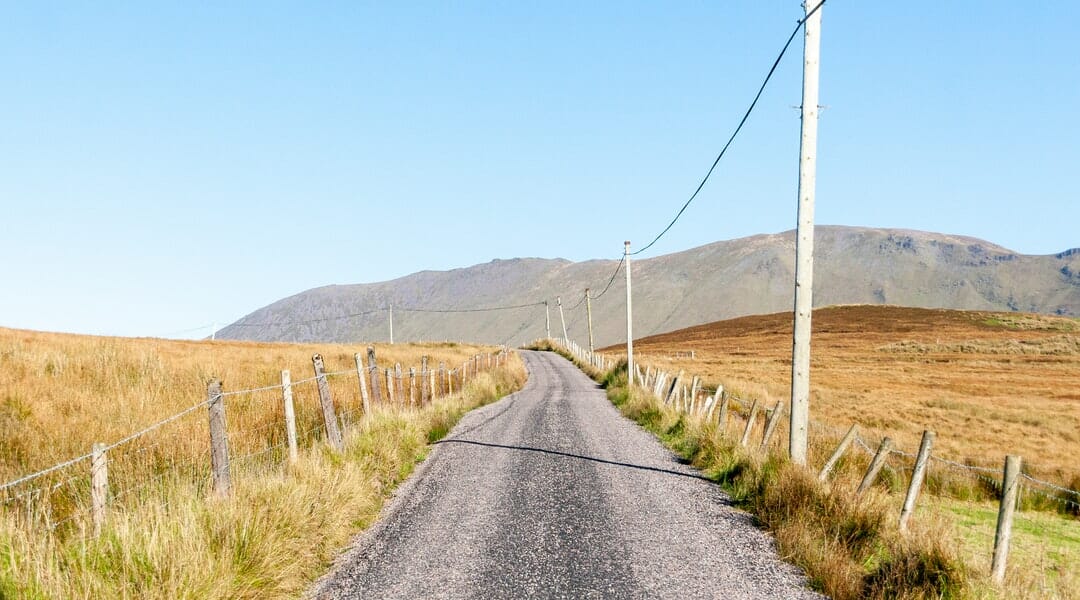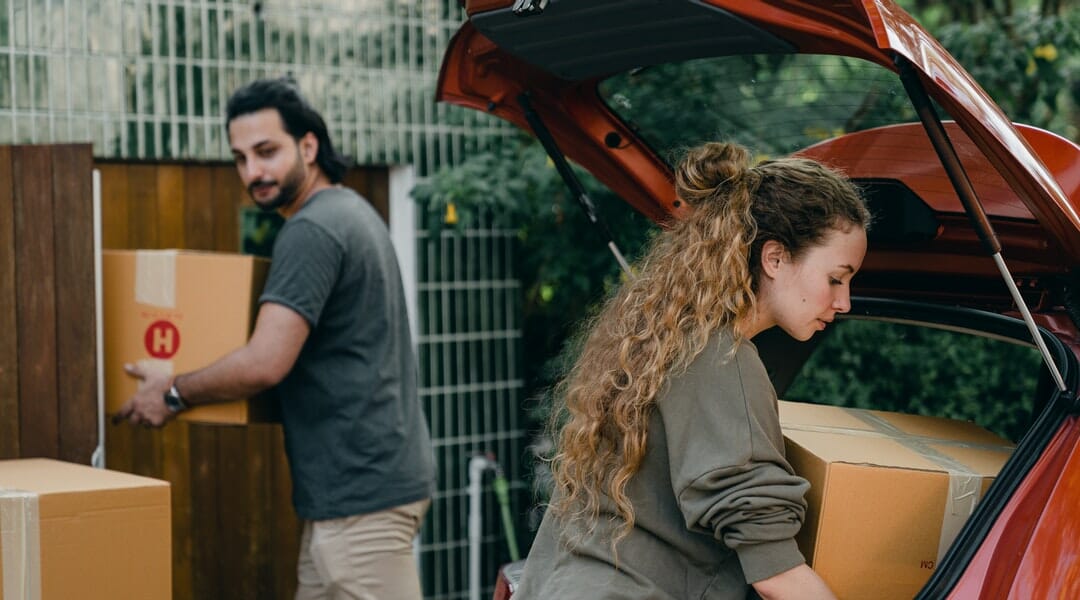The idea of buying land in Ireland with a view to building your dream home is a pipedream for many. The thought of being able to create a home precisely to your personal tastes and requirements in an idyllic rural location is undoubtedly appealing. Likewise, for investors, the idea of buying land instead of property to build on and invest in can be financially beneficial when done right. However, if you are considering purchasing land to build on, either as a first-time buyer looking to get on the property ladder or a seasoned investor looking to build on land rather than investing in traditional properties, you will need to consider several factors before taking the plunge to avoid the potential of costly mistakes.
To determine if the land you are considering buying is suitable for you and fit for purpose, you should ask the vendor some questions before committing to buy. If you are new to purchasing land, the process can be confusing and costly if a purchase is made without first having all the relevant information. This article will guide you through what questions to ask when buying land in Ireland to help you make an informed decision.
1. Is the land buildable, and is there a planning permission already in place?
This is a fairly obvious question for anyone looking to buy land to build on, but it is critical. First, make sure any planning permission granted is still in place and hasn’t expired and won’t expire during the time it takes to complete the purchase. It’s also worth checking to see if any previous planning applications have been made that were either permitted or refused in the past.
2. What are the access rights?
When purchasing land in Ireland, you’ll also want to ask what are the access rights to the land. For example, does the plot in question have good access to the main road and what access is there to the land, including vehicle access. Look out for something called a ransom strip. This is where the current landowner holds back a piece of land between your plot and the access point and may not allow you access through it unless you pay an additional fee.
In situations where there is shared access, for example, a shared driveway, you should ensure there is a legal agreement between you and the shared owner regarding how maintenance will be paid.

3. What condition is the land in?
When buying land in Ireland or anywhere else, you will want the reassurance of its quality. You will want to know if chemical substances have previously contaminated it or if it is on a floodplain. You’ll also want to be sure it isn’t too rocky so that foundations can be laid. Is the ground levelled, and what is the likelihood of subsidence? Finally, be aware that any sloping plots could be more expensive to develop on. We would always recommend having land inspected by a qualified surveyor if you have doubts on any of the above points.
4. What is the position of the land with regards to electrical, sewerage and water connections?
Next on your land-buying checklist should be to check if the land is served by electricity, water and sewerage. You can usually get a supply for land with no mains water connection by using a borehole. However, this process can be costly, and the price point will depend on your location and land geology. The same is true for any sewage services in that the costs will vary depending on the project scope and land conditions.

5. Who are the neighbours?
It’s best to find out upfront if you will have to share any of the land or access points with any of your neighbours and define any legal agreements between yourselves concerning access rights and maintenance concerns. You should also ask if there are any ongoing issues with them over the boundary lines and access rights to really understand any challenges you might face when building on the land.
6. Are there any building restrictions?
As well as checking if the land is suitable for building on, you will also want to understand if there are any restrictions in place. For example, building restrictions could be imposed due to wetlands, water-frontage, historical or cultural importance sites, or any local regulations on the land. You will also want to enquire if there are any known endangered or protected species on the property that could interrupt your building plans.
You’ll also want to check if there are any limits on the height and size of property for the plot in question and how close you can build to any adjacent properties or power lines. It’s also worth reviewing the land’s title deeds to determine ownership and any conditions imposed that could affect building plans. It is possible to access these deeds here.

7. How is the land zoned?
In Ireland, the local authority would have allocated the land into one of three categories. These are: residential, commercial or amenity use. Some plots are allocated as mixed-use, in which case there shouldn’t be any issues with building your home on. However, you will need to make sure your building plans align with how the plot is zoned to be legal.
8. Why are the current owners selling?
Like when you buy a house, it is worth asking why the existing landowners are looking to sell. Perhaps there are some issues that are not being disclosed, such as disputes with neighbouring properties or current tenant or lease obligations.
Also, be mindful of how long a piece of land has been on the market. If something has been for sale for months, there is usually a good reason why it hasn’t been snapped up, so you should proceed with caution and find out more about the quality of the land and any other issues.

9. What is the growth potential of the land?
Location is all-important when you are buying land. Just as it is when you buy a house, buying land in areas that are due to receive improvements to their transport infrastructure and local amenities can make a massive difference to the value of the plot. In addition, although many parcels of land are sold with planning permission granted, this is usually only an outline planning permission. Therefore, before committing to any land purchase, liaise with the local council and buildings department before proceeding to ensure there are no issues with the proposed planning permission.
10. Are there any other issues I need to be aware of?
Here you will be looking to find out if there are any environmental issues or overhead power cables or trees with preservations orders imposed and anything else that may have not already been disclosed above.
When you find your perfect plot of land, make sure you include the ten questions above in your land-buying checklist. Doing this will put you in the best position to understand the existing state of the land and its future potential and buildability. The more you find out, the more questions you are likely to have so you can be more confident in any decision to buy the land or indeed to walk away and find something that better matches your needs. Whilst we encourage buyers to make their own inquiries, we advise consulting a qualified land professional to ensure you receive the right advice and information you require.


